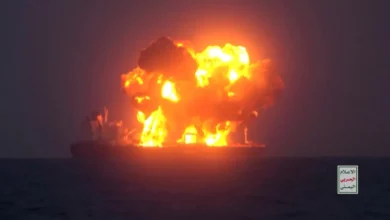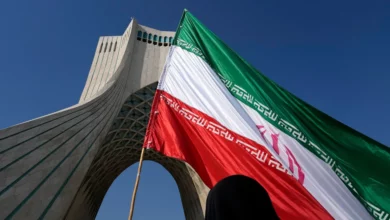
Brent oil prices fell for a fourth consecutive session on Monday after Iran insisted it would not freeze crude output, returning investor attention to a global glut.
Adding to signs the oil market will remain oversupplied, data showed last week the number of rigs operated by U.S. drillers held steady for the first time this year, following a near two-year slump in the rig count.
Global benchmark Brent futures LCOc1 were down 41 cents at $48.31 a barrel by 0851 GMT, on track for a fourth straight day of losses for the first time in a month.
U.S. crude futures CLc1 traded at $47.91 a barrel, down 50 cents on Friday's close.
"Stagnating rig counts and comments from Iranian officials show that the way up for the oil prices may come to an end now," said Frank Klumpp, oil analyst at Stuttgart-based Landesbank Baden-Wuerttemberg.
Iran's Deputy Oil Minister Rokneddin Javadi told Iran's Mehr news agency on Sunday his country had no plan to halt a rise in oil production and exports.
He said Iranian crude exports, excluding gas condensates, were at 2 million barrels per day (bpd) and would reach 2.2 million bpd by the middle of summer.
His comments further dampened hopes for a coordinated decision to freeze OPEC oil production at a meeting of the exporter group in Vienna on June 2.
The bearish comments outweighed concerns about unplanned oil outages globally hitting a five-year high mainly due to wildfires in Canada that have affected oil-sands production and losses in Nigeria and Libya.
Meanwhile, Goldman Sachs said in a research report on Monday that it expected shale productivity gains through 2020, which will push average breakevens for shale plays below $50 per barrel for U.S. crude.
It raised its average Brent forecast to $45 per barrel this year, from $39, while it said West Texas Intermediate would average $45 per barrel this year, up from $38 previously.




